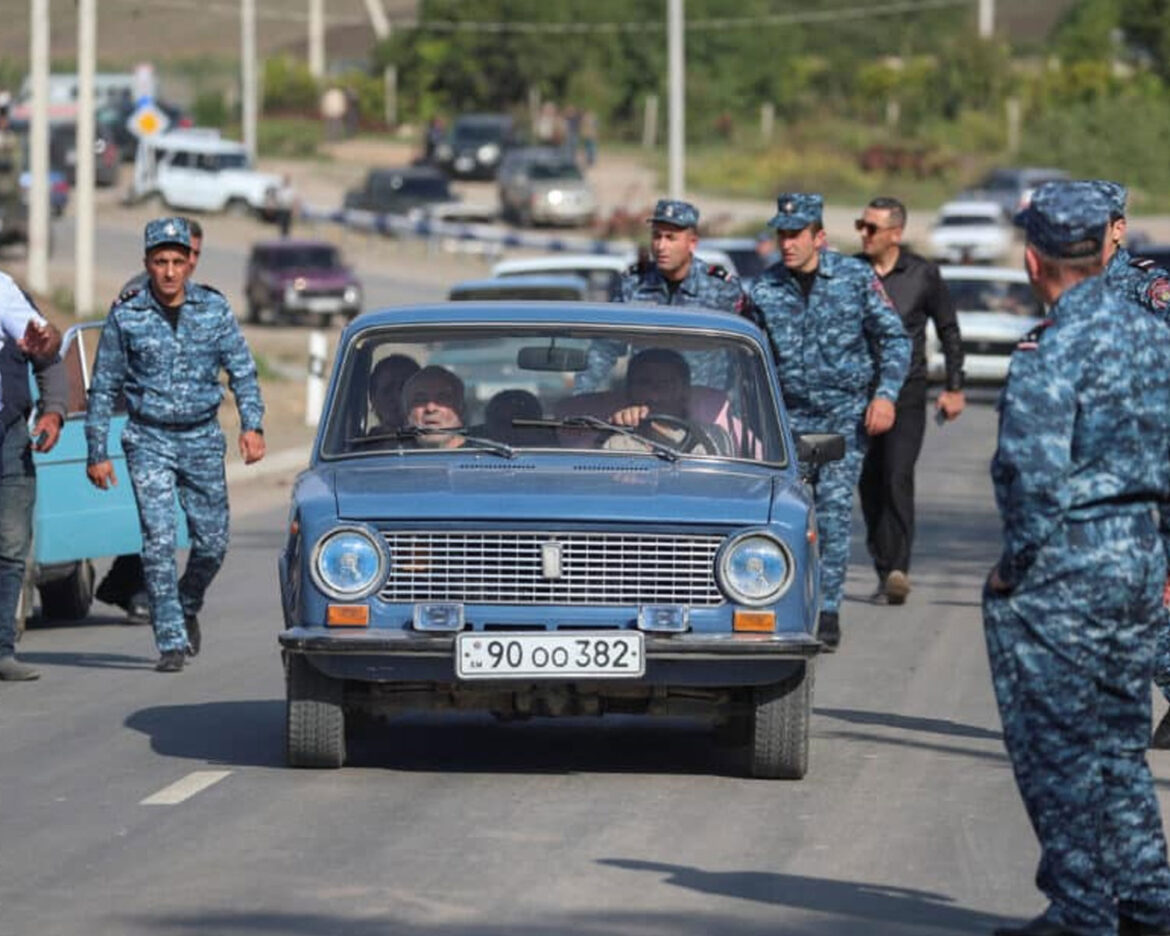The leadership of the breakaway region of Nagorno-Karabakh has announced that the majority of its 120,000 ethnic Armenian population will leave for Armenia amid fears of ethnic cleansing and a desire to avoid living under Azerbaijani rule. This decision comes in the wake of a recent military defeat suffered by Armenia in a conflict that dates back to the dissolution of the Soviet Union.
Nagorno-Karabakh, an area internationally recognized as part of Azerbaijan but previously under Armenian control, was forced to declare a ceasefire on September 20 following a rapid 24-hour military operation conducted by Azerbaijan. While Azerbaijan has pledged to guarantee the rights of the Armenian population and integrate the region, many Armenians in Karabakh remain deeply concerned about potential repression.
David Babayan, an adviser to the president of the self-styled Republic of Artsakh (Nagorno-Karabakh), stated, “Our people do not want to live as part of Azerbaijan. Ninety-nine point nine percent prefer to leave our historic lands.” He added that the fate of their people would be remembered as a disgrace, urging those responsible to answer for their actions before God.
Armenia’s Prime Minister, Nikol Pashinyan, acknowledged the likelihood of Karabakh Armenians leaving the region. He emphasized Armenia’s readiness to welcome them, stating that they faced the “danger of ethnic cleansing” if suitable living conditions and protection mechanisms were not established in their homeland.
Russian peacekeepers have been designated to escort those made homeless by the Azerbaijani military operation from Nagorno-Karabakh to Armenia. However, the timeline for this mass population movement remains uncertain.
The mass exodus of Karabakh Armenians could have significant implications for the geopolitical landscape of the South Caucasus region, which is already characterized by a complex web of ethnicities and energy infrastructure. Russia, the United States, Turkey, and Iran have been vying for influence in this region.
Azerbaijani President Ilham Aliyev declared a decisive end to one of the long-standing “frozen conflicts” of the Soviet Union following last week’s victory, stating that an independent ethnic Armenian Karabakh was now history, and the region would be transformed into a “paradise” under Azerbaijani control.
The recent conflict has raised concerns internationally, with Moscow, Washington, and Brussels expressing apprehension about the fate of the ethnic Armenian population.
Nagorno-Karabakh, referred to as Artsakh by Armenians, has a history marked by the influence of various empires and nations, including Persians, Turks, Russians, Ottomans, and Soviets. It has been a point of contention between Azerbaijan and Armenia since the fall of the Russian Empire in 1917. During the First Karabakh War from 1988 to 1994, approximately 30,000 people were killed, and over a million people, primarily Azeris, were displaced.
In 2020, Azerbaijan, with Turkish support, won a decisive 44-day Second Karabakh War, recapturing territory in and around Karabakh. The war concluded with a Russian-brokered peace deal, which Armenia accuses Moscow of failing to uphold.
The International Committee of the Red Cross and Russia have provided humanitarian aid to the region, with specialized personnel addressing various needs, including health, forensics, protection, and weapons contamination.
US Secretary of State Antony Blinken affirmed the United States’ support for Armenia’s sovereignty and territorial integrity in light of the ongoing crisis.



